
Male Horse Hygiene
If you own or care for a stallion or gelding, either you must become educated about sheath cleaning, or you should have your veterinarian or an experienced horse person handle the task.


If you own or care for a stallion or gelding, either you must become educated about sheath cleaning, or you should have your veterinarian or an experienced horse person handle the task.
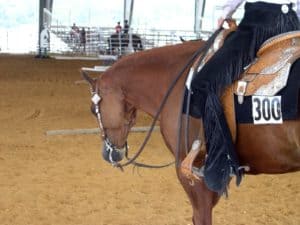
Saddle and girth sores are common in horses that are ridden hard, or ridden with poorly fitting tack, or ridden with tack that moves around too much or puts pressure on certain areas.
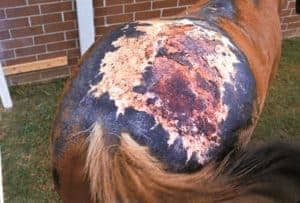
A burn requires careful treatment to prevent complications, regardless of severity.
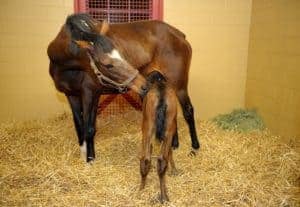
Take any swelling, asymmetry, or other abnormality of your mare’s udder seriously.

Most horses adapt well to vision loss but still require special management in a safe environment.
Is exercise, and sometimes even intense competition, safe for a pregnant mare and her unborn foal?

Many horsemen are discovering the versatility and economics of using stock trailers for their horses.
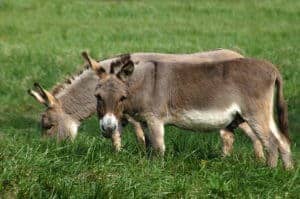
Donkeys and mules have a reputation for being hardier than horses, but they require the same basic care.
Work with your veterinarian to properly time treatment and avoid perpetuating drug-resistant parasites.

Prevention is key to avoiding neonatal isoerythrolysis, or destruction of a newborn foal’s red blood cells.
Advances in the field of genetics are especially beneficial to those trying to understand equine disease.
Precise timing and specialized tools are the mainstays of successful equine insemination.
The first equine genome was sequence was completed in 2007, but what is the state of that sequence in 2011?
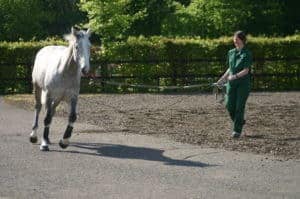
To get to the bottom of subtle performance-limiting gait abnormalties, vets must consider every puzzle piece.
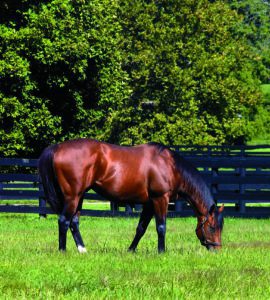
Collecting an accurate pasture sample is only half the battle; interpreting the results and putting them to go

We’ll explore how the horse’s body systems age and what to look out for in your equine senior citizen.
Stay on top of the most recent Horse Health news with